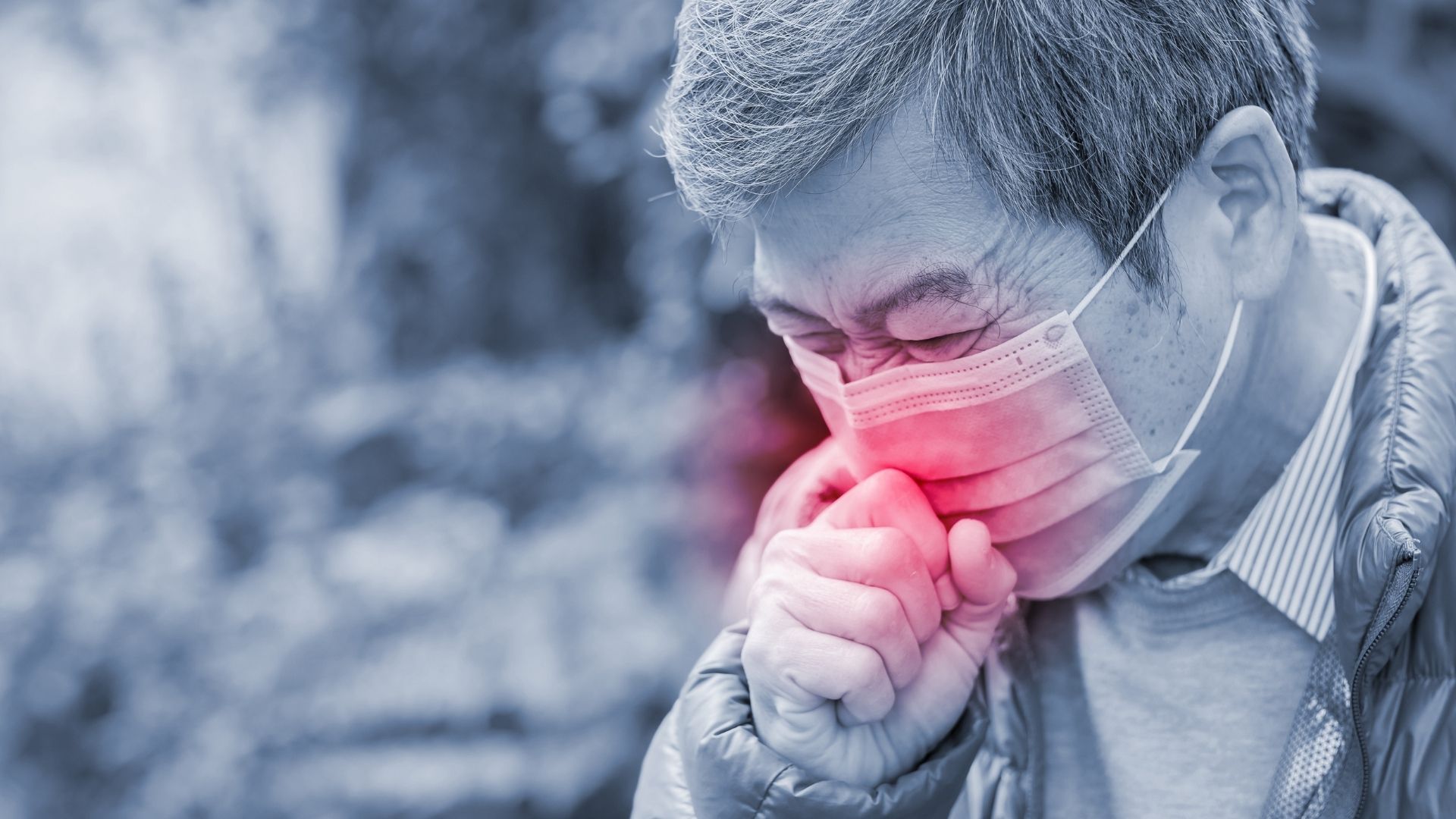Melanoma is a serious skin cancer that often appears as an unusual or changing mole. Early detection improves outcomes, making regular skin checks crucial. DoctorTora provides convenient telemedicine consultations, allowing prompt assessment, personalized advice, and guidance on treatment to keep your skin healthy and protected.
Symptoms, Causes, and Treatment
Introduction
Melanoma is a serious type of skin cancer that develops in the cells responsible for producing melanin, the pigment that gives your skin its color. Early detection and treatment are crucial for successful outcomes, making it essential to understand the signs and causes of melanoma.
With DoctorTora , you can consult a doctor online to address any skin concerns and receive expert advice. This article provides a comprehensive guide to melanoma, its symptoms, treatments, and when to seek care.
What is Melanoma?
Melanoma is a type of cancer that develops in melanocytes, the cells that produce melanin. It can occur anywhere on the skin but is most commonly found on areas exposed to the sun, such as the face, arms, and legs.
Though melanoma accounts for a smaller percentage of skin cancer cases, it is more likely to spread to other parts of the body, making it a potentially life-threatening condition.
Common Symptoms and Causes of Melanoma
Symptoms
The most common signs of melanoma involve changes in the appearance of a mole or the development of a new, unusual growth on the skin. Look out for:
- Asymmetry : One half of the mole does not match the other.
- Border irregularity : Edges that are uneven, blurred, or notched.
- Color variation : Multiple colors within a single mole, such as shades of brown, black, red, or white.
- Diameter : Moles larger than 6 millimeters (about the size of a pencil eraser).
- Evolving : Changes in size, shape, or color over time.
Other symptoms may include:
- Itching, tenderness, or pain around a mole.
- Bleeding or oozing from a mole.
- A new pigmented lesion on the skin.
Causes
- UV Radiation : Prolonged exposure to ultraviolet (UV) rays from the sun or tanning beds.
- Fair Skin : Less melanin increases the risk of UV damage.
- Family History : A genetic predisposition to melanoma.
- Weakened Immune System : Conditions or treatments that suppress immunity.
- Having Many Moles : Especially atypical or irregular ones.
How is Melanoma Diagnosed?
Diagnosing melanoma typically begins with a thorough examination of the skin by a healthcare provider.
Steps in Diagnosis:
- Skin Examination : A doctor inspects moles and skin lesions for irregularities.
- Dermatoscopy : A magnified view of the skin to assess suspicious areas.
- Biopsy: Removal of a portion or all of a suspicious lesion for laboratory analysis to confirm melanoma.
- Additional Tests: If melanoma is diagnosed, imaging or blood tests may be conducted to determine if it has spread.
With DoctorTora, you can share photos of your skin with a doctor for an initial assessment and guidance on next steps.
How is Melanoma Treated?
Treatments
The treatment for melanoma depends on the stage of the disease:
- Surgical Removal: The most common and effective treatment for early-stage melanoma.
- Immunotherapy: Medications that boost the immune system to fight cancer cells.
- Targeted Therapy: Drugs that target specific genetic changes in melanoma cells.
- Chemotherapy: Used less commonly but may be recommended for advanced stages.
- Radiation Therapy: For cases where melanoma has spread or cannot be completely removed surgically.
Medications
- Immune checkpoint inhibitors: Boost the immune system’s ability to target cancer cells.
- BRAF inhibitors: For melanomas with specific genetic mutations.
Self-Care Instructions for Melanoma
In addition to professional treatment, these self-care steps can help manage your condition and improve outcomes:
- Protect your skin: Use broad-spectrum sunscreen with SPF 30 or higher and wear protective clothing.
- Avoid tanning beds: These increase your exposure to harmful UV radiation.
- Monitor your skin: Check for new or changing moles monthly.
- Follow your doctor’s advice: Adhere to prescribed treatments and attend follow-up appointments.
- Maintain a healthy lifestyle: Eat a balanced diet, stay hydrated, and exercise to support overall health.
When to Seek Care with Telemedicine for Melanoma
If you notice a suspicious mole or changes in your skin, telemedicine can be a quick and effective way to get expert advice.
Steps to Seek Telemedicine Care:
- Download the DoctorTora app from the App Store or Google Play .
- Select “Skin Problems” under symptoms on the home screen.
- Queue for an immediate consultation or book an appointment for a convenient time.
- Receive a consultation report with a personalized treatment plan and a prescription if necessary.
Telemedicine is ideal for initial assessments and determining if further tests or in-person care are needed.
When to Seek Urgent Care at a Physical Hospital for Melanoma
Certain signs and symptoms of melanoma indicate the need for immediate medical attention:
- A rapidly growing or changing mole.
- Persistent bleeding or ulceration of a mole.
- New symptoms like severe pain or swelling.
- Signs of metastasis, such as unexplained weight loss or swollen lymph nodes.
If any of these occur, visit a hospital promptly for further evaluation and treatment.
FAQ
- Is melanoma preventable? While not all cases can be prevented, reducing UV exposure, using sunscreen, and monitoring your skin can significantly lower your risk.
- Can melanoma spread to other parts of the body? Yes, advanced melanoma can spread to other organs, making early detection and treatment critical.
- How effective is treatment for melanoma? When detected early, melanoma is highly treatable, with a high survival rate.
Related Articles
Explore more helpful resources on our website:
- Eczema: Causes and Management
- Skin Cancer: Early Signs and Prevention
- Psoriasis: Understanding and Treating the Condition
Melanoma is a serious condition, but early detection and timely care can make a significant difference. If you’re concerned about a mole or skin changes, DoctorTora is here to help. Download the app today to consult a doctor and receive personalized advice for your skin health.


